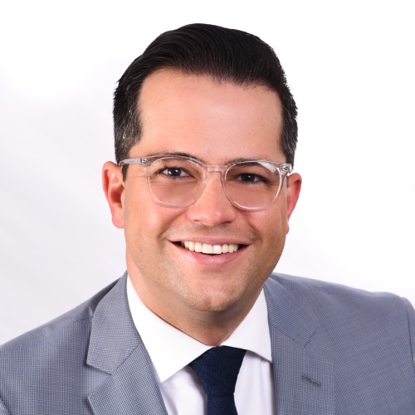If you’re considering incorporating a trust into your estate plan, you may be drawn to its potential for asset protection. After all, the idea of safeguarding your hard-earned assets from future creditors can provide significant peace of mind. However, it is important to understand the implications regarding debt liabilities after your passing and the differing levels of protection offered by revocable and irrevocable trusts.
In this blog, we discuss the debt settlement process and examine the key factors that determine whether your trust assets are vulnerable to creditor claims. Understanding these nuances early in your estate planning journey can help you make informed decisions about which type of trust best aligns with your goals and circumstances.
Revocable Living Trusts and Debt Liability
A revocable living trust, commonly used in estate planning, does not shield assets from creditors after the trustor’s death. Creditors may make claims against the trust assets to satisfy outstanding debts owed by the decedent.
Can Creditors Go After Irrevocable Trusts?
Irrevocable trusts may provide some protection against creditors, depending on the terms and jurisdiction. Assets transferred to an irrevocable trust are typically considered separate from the trustor’s estate and may be shielded from certain creditor claims.
The Debt Settlement Process and Trust Administration
After the trustor’s death, the trustee is responsible for notifying known creditors and publishing a notice to creditors in accordance with state law. This informs creditors of the trustor’s death and provides them an opportunity to make claims against the estate.
The trustee also manages the trust assets, pays outstanding debts, and distributes the remaining assets to beneficiaries according to the terms of the trust document. Debts are generally settled from the trust assets before distributions are made to beneficiaries.
Trustees should be aware of the following if creditors go after trust assets:
- Types of Debt: Different types of debts may have varying priorities and implications for trust administration. These can include mortgages, loans, credit card debts, taxes, and medical expenses.
- Legal Advice: Trustees and beneficiaries should seek legal advice to understand their responsibilities and rights regarding debt settlement within the trust. Professional guidance ensures compliance with legal requirements and the protection of trust assets.
Discuss the Debt Settlement Process and Trust Asset Protection with Us
Understanding the liability of a trust for debts after the trustor’s death is crucial for effective estate planning. At OC Trial Group, our experienced trust and estate attorneys have decades of experience and are equipped to help clients navigate complex issues surrounding trust administration, including debt liabilities.
We provide strategic advice, meticulous planning, and advocacy to protect the interests of trustees and beneficiaries. Whether you need assistance with trust administration, creditor claims, or resolving disputes related to debt obligations, our dedicated team is here to assist you. By working with OC Trial Group, APC, you can navigate trust administration with confidence, ensuring that debts are managed appropriately and beneficiaries receive their rightful distributions.
Our firm can also counsel clients seeking to create trusts. From advising you on what type of trust suits your needs and helping you properly establish the trust to explaining what assets you can protect from probate and creditors with trusts, guiding you through funding the trust, and offering continued administrative support, we are here to help.

